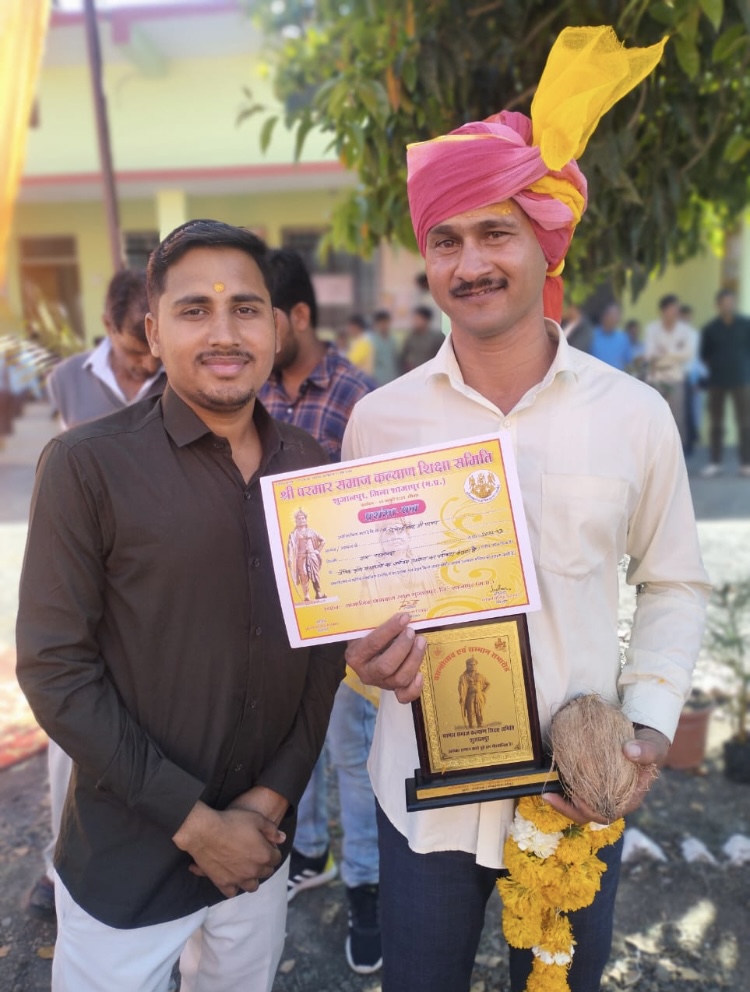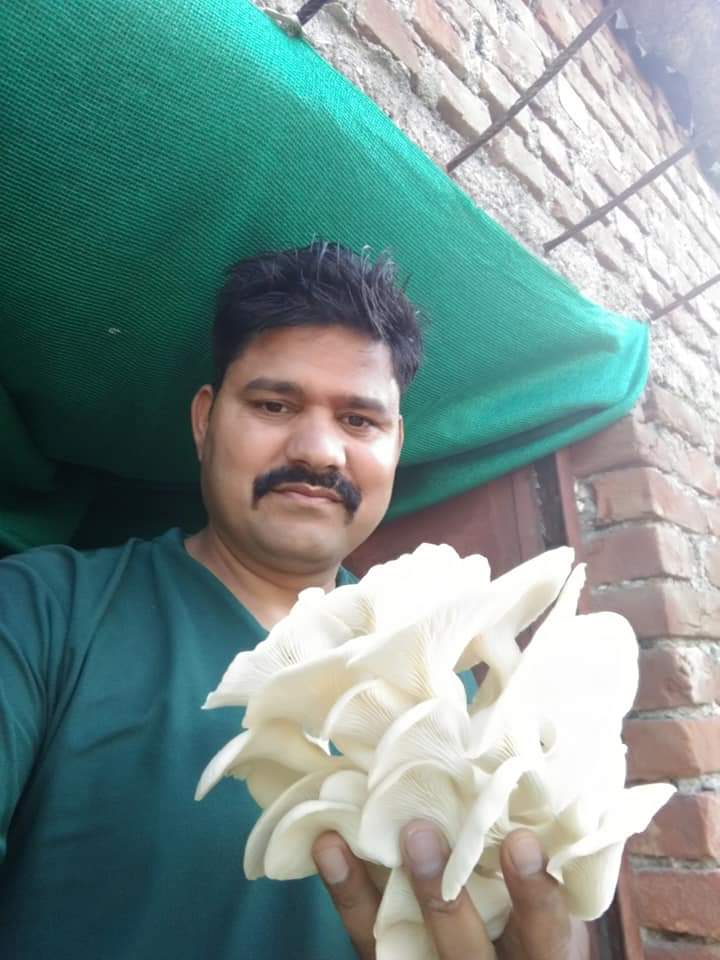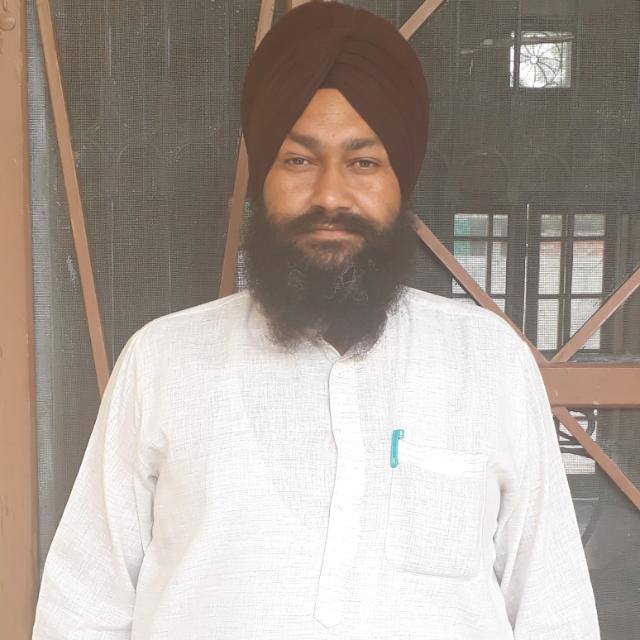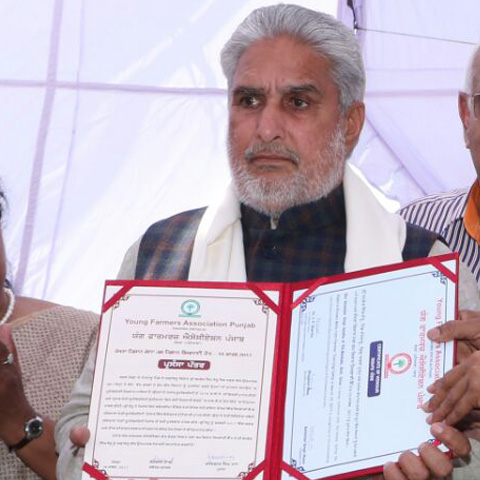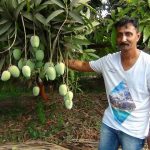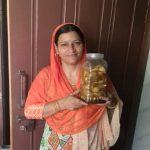The man who made his own fuel- Devendra Parmar
The mantra to make agriculture a profitable business can be learned from Devendra Parmar, a farmer from Shajapur in Madhya Pradesh (MP). Due to the skill of eighth pass Devendra, he is now being called by the name “Gas Guru.” Devendra Parmar makes electricity and bio-CNG from his biogas plant. With this bio CNG, he even runs his car and tractor.
The story of Devendra Parmar is very interesting. He has a dairy business along with farming. He purchases milk from nearby villages and transports it via loading vehicles, cars, and tractors.
Every day, he had to put Rs 3,000 worth of diesel and gasoline in the vehicles. In addition, he had to put Rs 3,000 in cow dung cakes for diesel and petrol. Distressed by this expense, he converted his own cow dung gas plant into a biogas plant.
An engineer from Bihar helped in setting up the plant that cost Rs 25 lakhs for him. Now 70 kg of gas is being produced daily in balloons from the plant in the field itself. Using this as CNG, Bolero pickup vehicles, Alto cars, tractors, and bikes are being run without any cost.
This is how electricity, fertilizer, and fuel are made from biogas plants
Devendra Parmar of Patlavada village, 55 km from Shajapur district headquarters, has only passed 8th grade. Devendra takes care of 100 milch animals. He is not only running his vehicles from the biogas plant installed on the farm but is also generating electricity along with vermicompost. Apart from 70 kg of gas, 100 units of electricity are being generated daily from the plant. He is earning three thousand rupees daily by selling earthworm manure and four thousand rupees by selling milk. In this way, he is getting an income of about 2 lakh 10 thousand rupees in a month and about 25 lakh rupees annually.
Know the calculation for converting biogas to electricity
Devendra says that he has seven bighas of land. He did not use chemical fertilisers for the last four years. Along with this, there are 100 milch animals. Due to this, 25 quintals of cow dung are accumulated daily. Cow dung is fed into a 100-cubic-metre biogas plant through an automatic machine. As a result, 100 units, or 12 KW, of electricity are generated. Cow dung waste is used to make earthworm manure. 300 kg of organic manure is sold at Rs 10 per kg. The manure is only taken by farmers from the surrounding villages.
This is how fuel for vehicles is made
Devendra explained that the gas produced in the biogas plant from 2,500 kg of cow dung contains 60 per cent methane and 40 per cent carbon dioxide. Carbon dioxide is separated from water and oil by purifying it, which results in carbon dioxide and water exiting a pipe together. Methane gas comes into the balloon from the second pipe. The compressor delivers this gas to vehicles in the form of compressed natural gas (CNG). It outperforms diesel in terms of mileage by 15 kilowatt-hours per kilogram.
Parmar’s story is a true inspiration of where there’s a will there’s a way. His hard work & perseverance has helped him achieve the title the “The Gas Guru of India”
Message for farmers
Mr. Parmar believes farmers should keep upskilling themselves in order to manage their finances. Farmers should always seek new opportunities & ways to add a source income rather than sticking to existing methods of farming.


